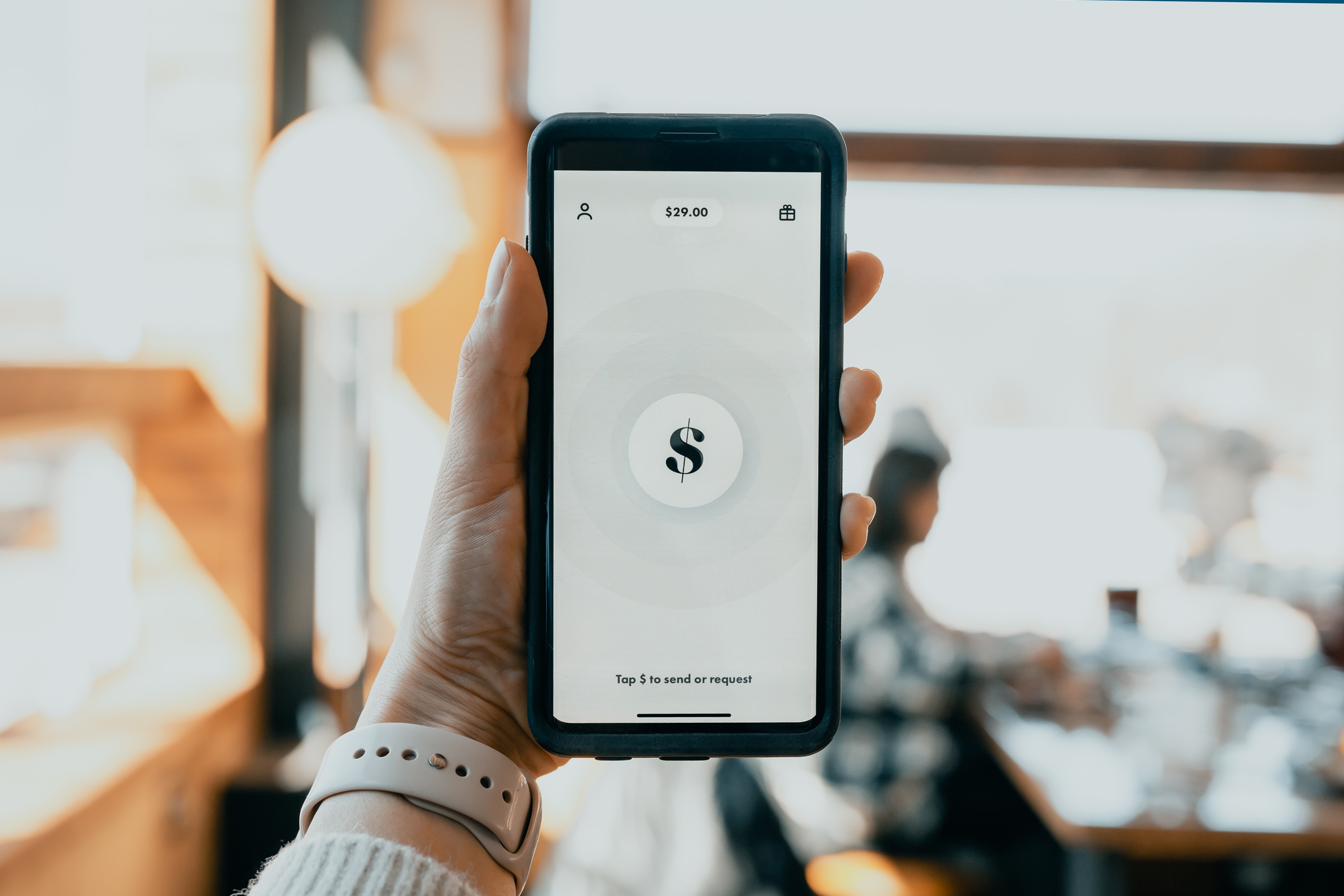In the digital era in which we live, financial transactions have become faster and more efficient. One such facility is direct deposit, a solution that has revolutionized the way we receive our money. In this article, we will explore the definition of direct deposit, its uses and why it is so convenient.
Definition of direct deposit
Direct deposit is a method of electronic funds transfer that allows an entity (employer, government, etc.) to deposit money directly into the beneficiary's bank account. Unlike paper checks, this process eliminates the need to issue, deliver and cash physical checks, saving time and resources.
Common uses of direct deposit
- Employee payroll: One of the most popular applications of direct deposit is payroll management for businesses. Instead of issuing checks to each employee, companies can deposit wages directly into their employees' bank accounts.
- Government payments: Governments also use direct deposit to distribute payments to citizens, such as pensions, unemployment benefits and tax refunds.
- Money transfers: Individuals can also use direct deposits to send and receive money between bank accounts, facilitating transactions and payments between friends, family and businesses.
Advantages of direct deposit
- Speed: One of the greatest advantages of direct deposit is the speed at which funds are transferred. In general, direct deposits are processed more quickly than paper checks, allowing beneficiaries to have their money in less time.
- Security: Direct deposit is a more secure method than paper checks because it reduces the risk of check theft, loss or forgery.
- Saving time and resources: By eliminating the need to issue, deliver and cash physical checks, both companies and beneficiaries save time and resources. In addition, direct deposit is environmentally friendly, as it reduces the amount of paper used in financial transactions.
- Control over money: Direct deposit allows beneficiaries to access their money quickly and conveniently, giving them more control over their personal finances.
How do I connect the direct deposit
With mobile apps like Comun, you can connect your direct deposit to your bank account in seconds. Comun lets you connect your direct deposit from the Comun app or if you prefer to have your employer do it, Comun gives you a completed form to give to your employer. In addition to the ease of use, by connecting your direct deposit to Comun, the Comun app will advance your pay up to two days in advance.
Conclusion
Direct deposit is a modern financial solution that offers speed, security and convenience in transferring funds. Whether it's for work, government payments or personal transfers, direct deposit has become a preferred option for facilitating transactions and managing money. Ultimately, this method simplifies our financial lives and allows us to focus on what really matters.













.svg)